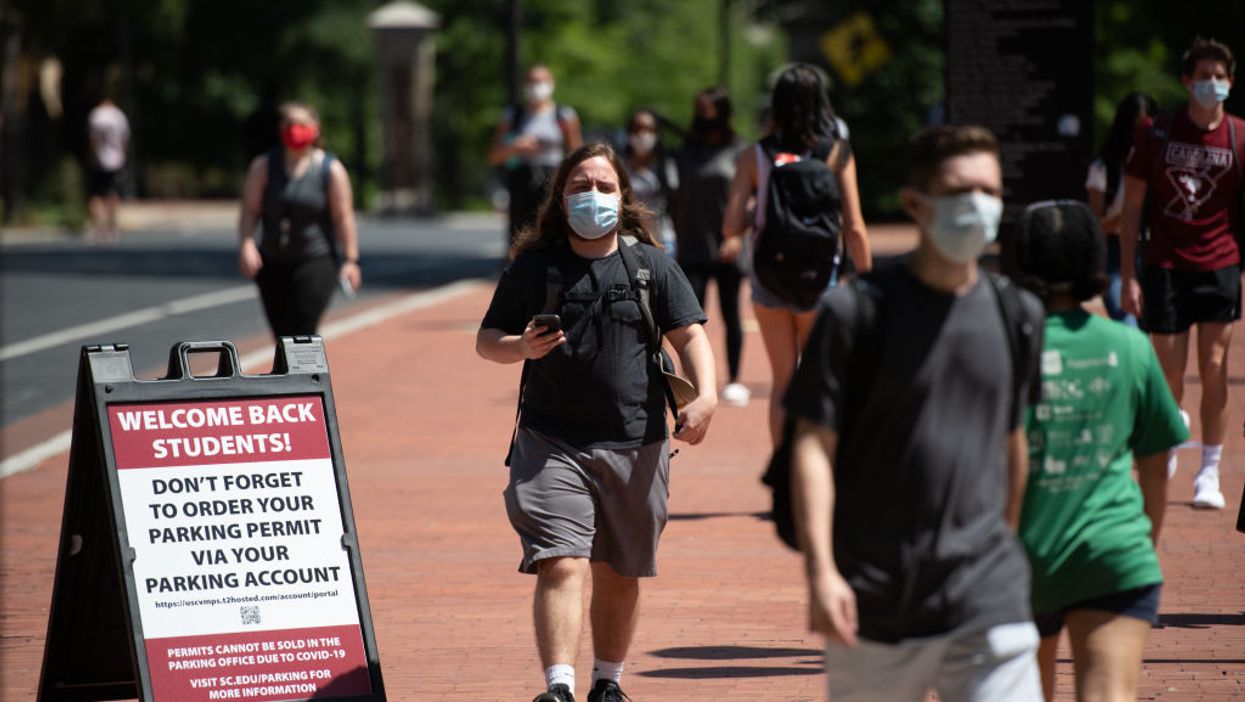
Photo by Sean Rayford/Getty Images

Higher than during the Great Depression
The share of young adults in the U.S. who live with their parents is the highest ever recorded, according to a recently released Pew Research analysis.
The report found that a majority — 52% — of adults ages 18-29 are residing at home with at least one parent. The percentage, measured in July, beat the previous record of 48% set at the end of the Great Depression in 1940.
Pew cites the coronavirus pandemic as the main driver of the increase, which brings the total number of young adults living at home to 26.6 million, up 2.6 million from February.
It should be noted, however, that the number was already near historic levels before the pandemic, as 47% of adults ages 18-29 reported living at home in February, just one percentage point off from the highest Great Depression numbers.
Pew reported that the increase affected all major demographics but was sharpest among young white adults and those ages 18-24.
"The number and share of young adults living with their parents grew across the board for all major racial and ethnic groups, men and women, and metropolitan and rural residents, as well as in all four main census regions," the report stated.
The pandemic has hit the younger demographic particularly hard, as many college campuses have closed down due to health concerns and job prospects have been erased. One-quarter of those ages 16-24 have lost their jobs since the start of the pandemic.
The coronavirus-related shutdowns have also had an adverse effect on the mental welfare of this population group.
In August, the U.S. Centers for Disease Control and Prevention reported that a whopping 25.5% of adults ages 18-24 considered suicide in June, a figure eerily similar to the number of those who lost their jobs.
The survey also found that young adults were disproportionately dealing with a host of other mental health issues, such as "symptoms of anxiety disorder or depressive disorder, COVID-19-related [trauma- and stressor-related disorder] TSRD, initiation of or increase in substance use to cope with COVID-19-associated stress."
In a bit of good news for the economy, the unemployment rate dropped to 8.4% in August, marking the first time unemployment has been recorded in the single digits since March. The economy also continued its slow climb back by adding 1.4 million jobs.